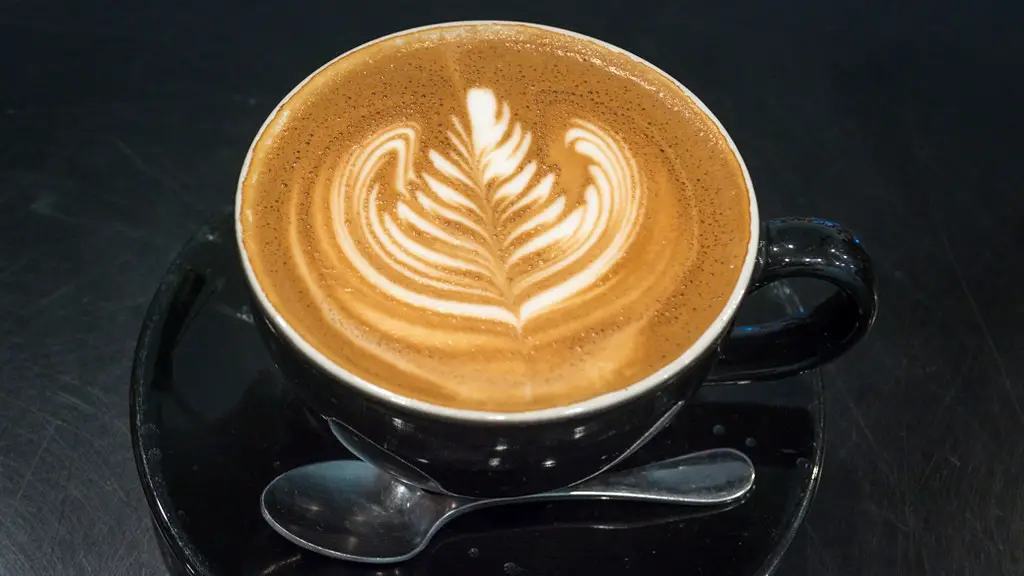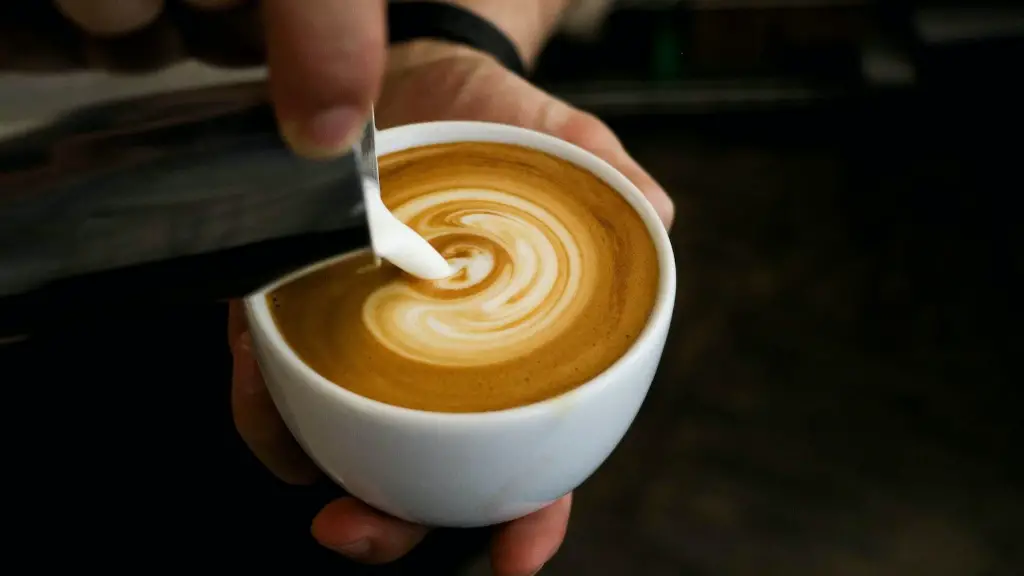Effects of Mixing Sertraline with Caffeine
Many people take sertraline, a medication used to treat depression, anxiety and other mental health conditions. Likewise, many also consume coffee, either black or combined with cream and sugar. The two may seem harmless when taken individually, but can they be safely taken together?
To answer this question, it’s important to first understand how both sertraline and caffeine work. Sertraline is an antidepressant and belongs to a family of drugs called selective serotonin reuptake inhibitors (SSRIs). It increases the amount of serotonin, a neurotransmitter that plays an important role in regulating moods, in the brain. Caffeine, however, is a stimulant that is mostly known to increase alertness and physical activity.
The specific interactions between caffeine and sertraline have not been studied extensively. However, research has confirmed that consuming caffeine while taking SSRIs can be problematic. It can intensify the side effects of the medication, such as increased anxiety, restlessness, and insomnia. It can also increase your blood pressure, greatly reducing the effectiveness of the drug.
Should You Avoid Mixing Coffee and Sertraline?
The decision to consume coffee while taking sertraline should be made with the help of a physician, as this medication is widely prescribed. A doctor may be able to advise whether it is safe or not. If the decision is to consume coffee while taking sertraline, then the patient should ensure that their caffeine intake does not exceed 200 mg per day. They should also not consume more than 2-3 cups of coffee a day.
Besides limiting their caffeine intake, it is also important to consider other potential risks. Caffeinated beverages, for example, typically contain high amounts of sugar. Thus, individuals taking sertraline should opt for sugar-free beverages when possible. Otherwise, they may be at risk of developing issues like weight gain and elevated blood sugar levels.
Alternative Treatments to Sertraline and Caffeine
While caffeine could be consumed to a limited degree without major issues, some people may be looking for alternatives. In this case, there are a few different treatment options available, such as psychotherapy and lifestyle changes.
Psychotherapy is a type of therapy designed to reduce depression, anxiety and other mental health issues. With the help of a therapist, patients can identify the root cause of their issues and formulate a plan to address them. Additionally, lifestyle changes like exercising regularly, getting more sleep and eating healthily can also be effective in helping manage symptoms.
Prescribed Medications as Alternatives to Coffee
Caffeine can be replaced by other medications in some cases, although this should be done under the guidance of a physician. A few non-caffeine medications, such as bupropion and mirtazapine, are commonly prescribed to treat depression and anxiety.
Bupropion is an antidepressant that works differently than SSRIs and does not have stimulant effects. It is primarily used to reduce depression, though it can also help with certain forms of anxiety. It is usually not associated with the same side effects as caffeine, although excessive doses could cause insomnia and agitation.
Mirtazapine, on the other hand, is mostly used to treat anxiety and depression. It is an atypical antidepressant and has sedative effects, making it a good option for those looking for a non-stimulant alternative to caffeine. While it does have some side effects to watch out for, these are usually mild and do not include insomnia and agitation.
How to Cope with Cravings for Caffeine
Some people may find that they are unable to reduce their caffeine intake to the recommended levels, while others may find that they still crave coffee even after they have stopped taking sertraline. In such cases, it may help to explore alternative beverage options, such as herbal teas or decaffeinated coffee.
It is also important to remember that cravings for coffee can often arise due to other factors, such as mood and fatigue. In this case, it is important to take the time to identify the source of the cravings and then to address it in a healthy and productive way.
Conclusion
In conclusion, it is important to note that sertraline and caffeine should not be taken together. While caffeine can be consumed to a certain extent, patients should ensure that their consumption does not exceed 200 mg per day and does not exceed 2-3 cups. Moreover, caffeine can be replaced by other non-stimulant medications and lifestyle changes, which should be discussed with a physician. Lastly, individuals should also take the time to explore non-caffeine beverage options and address any cravings for caffeine in a healthy and productive way.

